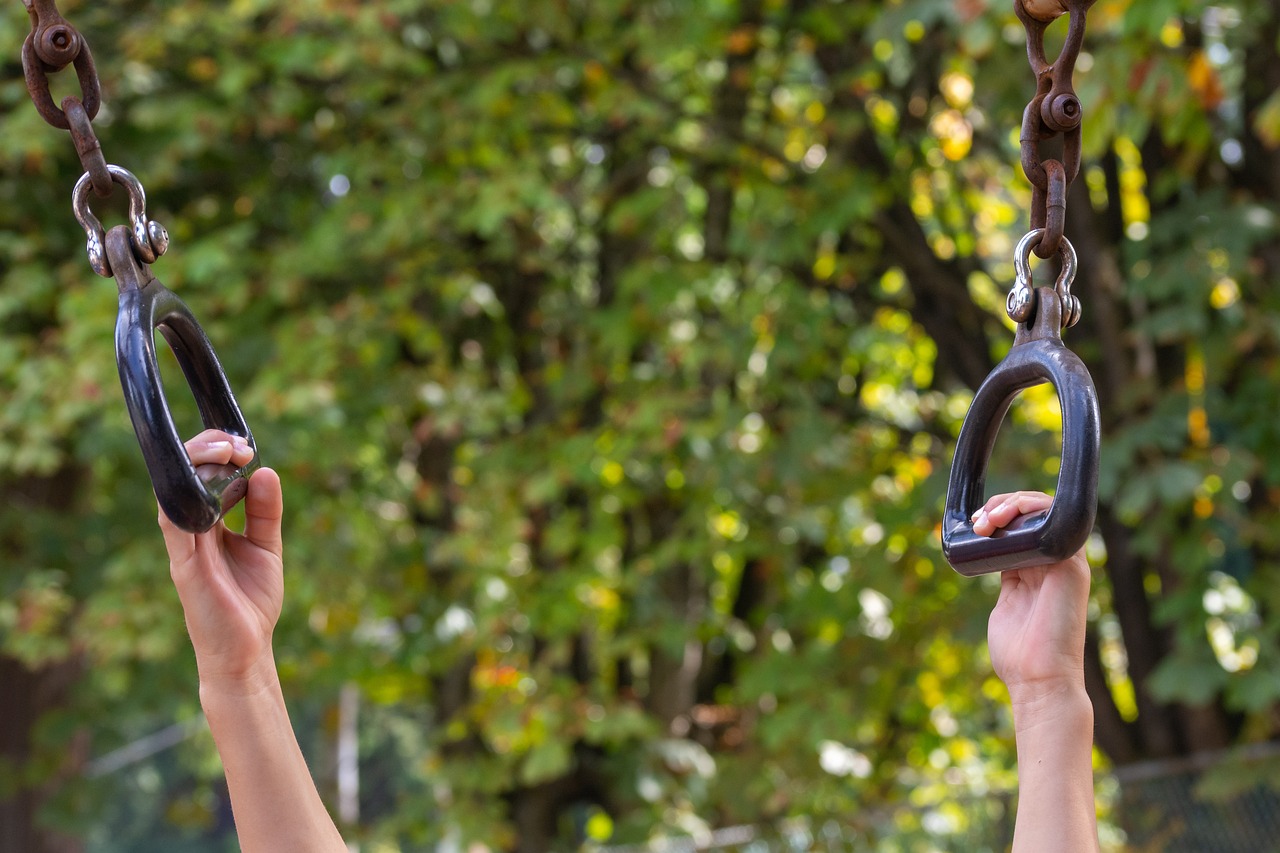Everyone has a personal narrative–a life story based upon past experiences and imagined futures. Researchers theorize that an individual’s personal narrative plays an important role in their persistence, which affects their motivation and determination while learning (Bikmen, 2015; Nelson & Knight, 2010). In order to explore this concept, He and colleagues (2023) conducted a study on the effects of competence-building narratives on student persistence as proposed by Jones et al. (2018).
The researchers recruited 32 middle schoolers and randomly assigned half to the control group and half to the experimental group. Prior to the experiment, a Grit Scale was used to measure the persistence of the students and ensure random assignment. The scale consisted of eight questions measuring aspects including stability of interests and steadiness of efforts. Referencing Jones et al.’s (2018) study, the researchers carried out a narrative intervention by having all participants write about the successes and failures they had previously experienced. Participants in the experimental group were required to reflect and respond to prompts that created a competence-building perspective (e.g. “what measures did you take to achieve success?” and “describe the ways in which failure brought out positive change in you”). Participants in the control group did not complete this reflective exercise. Following the narrative intervention, participants were provided with two stacks of paper containing various diagrams. They were instructed to trace the diagrams in one attempt without tracing over any line twice. They were allowed a second attempt if they failed. The first diagram was designed to be impossible to solve, and the second diagram was solvable. The study contained two measures: (1) the number of attempts participants made to solve the first diagram before moving on to the second diagram and (2) the total time spent on the first diagram before deciding to solve the second one. Results showed that students who constructed a narrative through the competence-building perspective made more attempts at solving the first diagram and spent extended time on it.
The study’s results highlight the benefits of establishing competence-building narratives on students’ persistence in the face of challenges. Teachers can help students reflect on their past experiences with failures and form competence-building narratives to support success in future academic endeavors and other relevant goals. EPIC can also integrate this study into its current research on how students of different backgrounds interpret and react to failures and setbacks. Future studies can investigate different response patterns to failures and setbacks and whether some responses are more adaptive than others.
If you want to learn more about He et al.’s (2023) study, check it out at:
https://doi.org/10.2147/PRBM.S404950
This post is written by Jessica Wang.
Reference:
Bikmen, N. (2015). History as a resource: Effects of narrative constructions of group history on intellectual performance. Journal of Social Issues, 71(2), 309-323.
He, W., Ming, Z., Huang, L., & Chen, T. (2023). The Effect of Competence-Building Narrative on Chinese Adolescents’ Persistence. Psychology Research and Behavior Management, 1787-1795.
Jones BK, Destin M, McAdams DP. Telling better stories: competence-building narrative themes increase adolescent persistence and academic achievement. J Exp Soc Psychol. 2018;76:76–80. doi:10.1016/j.jesp.2017.12.006
Nelson, D. W., & Knight, A. E. (2010). The power of positive recollections: Reducing test anxiety and enhancing college student efficacy and performance. Journal of Applied Social Psychology, 40(3), 732-745.

